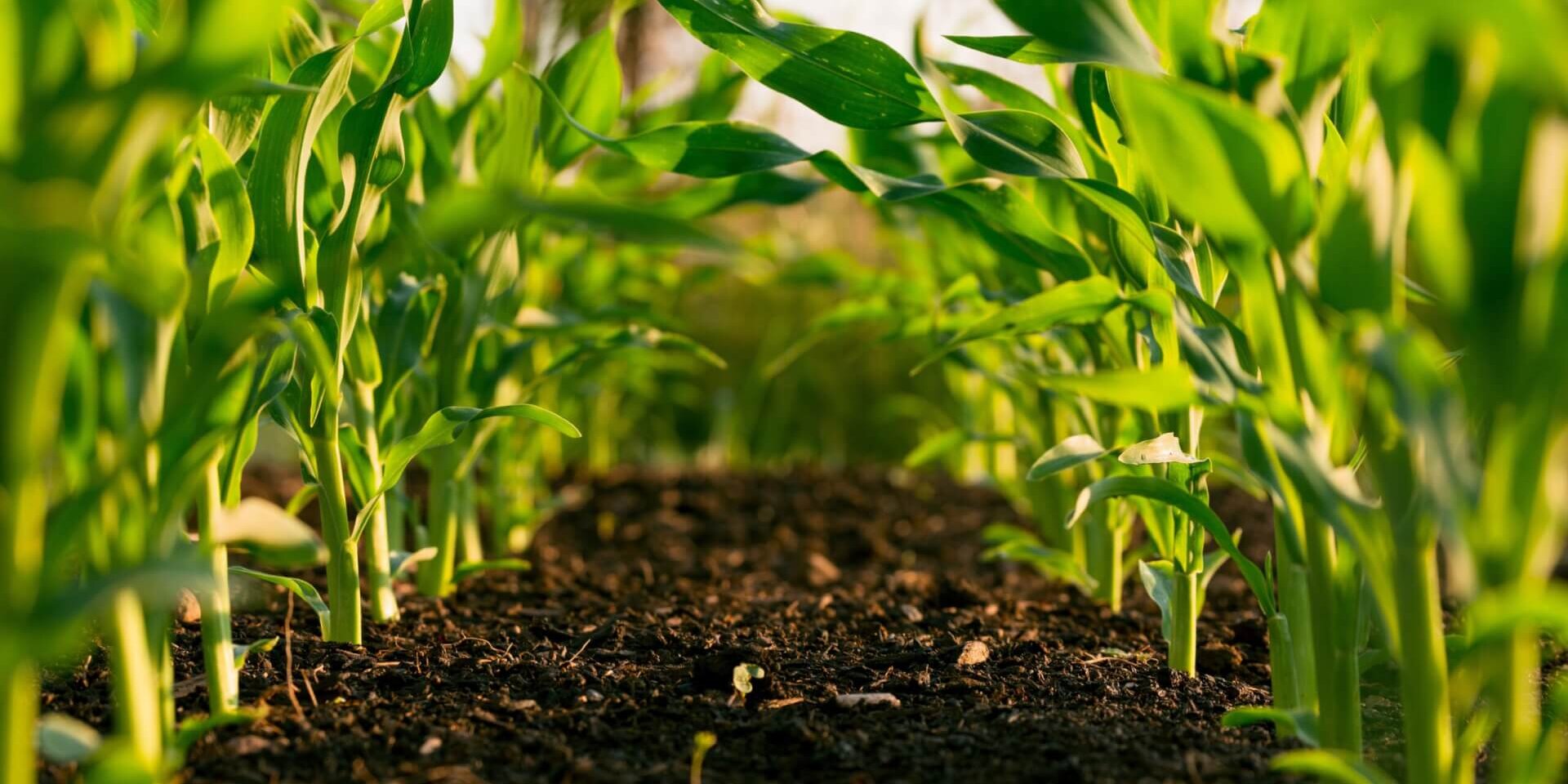
The ISC, in its role as co-convenor of the Scientific and Technological Community Major Group, invites representatives from non-governmental organizations and other relevant stakeholders wishing to participate in the next Partnership Forum held by ECOSOC on 30 January 2024, to register by 12 January.
On 30 January 2024, the Economic and Social Council (ECOSOC) will held its 2024 Partnership Forum at the United Nations Headquarters in New York under the theme of “Reinforcing the 2030 Agenda and eradicating poverty in times of multiple crises: the effective delivery of sustainable, resilient and innovative solutions”. The Forum will place a special emphasis on the Sustainable Development Goals that will be reviewed at the 2024 HLPF, namely Goal 1 (no poverty); Goal 2 (zero hunger); Goal 13 (climate action); Goal 16 (peace and justice); and Goal 17 (partnership for the Goals).
The 2024 ECOSOC Partnership Forum will feature four SDG action segments, each dedicated to one of the four Goals (Goal 1, 2, 13, and 16). Elements from Goal 17, as a cross-cutting goal, are expected to be featured in each segment.
The Sustainable Development Goals (SDG) Action segments will focus on showcasing and demonstrating how innovative partnerships can be scaled up to drive SDG implementation while highlighting their crucial role in fostering collaborative action across stakeholders and sectors. The ISC, in its role as co-convenor of the Scientific and Technological Community Major Group alongside the World Federation of Engineering Organizations, will coordinate the SDG Action Segment dedicated to SDG 2 in collaboration with the Food and Agriculture Organization of the United Nations (FAO) and the Major Group for Children and Youth.
While the world is severely off track to achieve SDG 2 – Zero Hunger – by 2030, there is still time to reverse the situation. However, this cannot be done in isolation. Ending hunger requires a systemic approach, seizing synergistic opportunities and recognizing and addressing the intersecting challenges and trade-offs that exist in agrifood systems and with the other SDGs.
Collaborations across sectors, stakeholders and partners, and geographies are necessary to address global complex challenges. Partnerships involving all levels of governments, UN entities, science and 3 research institutions, extension services, cooperatives, family farmer and other producer organizations, Indigenous Peoples, civil society, parliamentarians, and marginalized communities, as well as private sector, philanthropies and media are key to achieving the SDGs and agrifood transformation.
At the midpoint to 2030, the global commitment of achieving the 2030 Agenda for Sustainable Development and the SDGs is in peril. Just 15 percent of SDG targets with data are on track, while progress on most of the SDGs is either moving much too slowly or has regressed below the 2015 baseline – yet every bit of progress matters and counts.
In 2022, global hunger exceeded both pre-COVID-19 levels and the 2015 baseline, with between 691 and 783 million people facing hunger, 122 million than before the global pandemic and 146 million more than in 2015. In addition, more than 3.1 billion people in the world were unable to afford a healthy diet in 2021. Looking ahead, if current trends persist, it is projected that almost 600 million people will still be chronically undernourished in 2030. This points to the immense challenge of achieving the SDG 2 Zero Hunger target.
Ensuring food security and nutrition and transitioning towards more efficient, inclusive, resilient and sustainable agrifood systems are critical for achieving the 2030 Agenda. They contribute to ending poverty, improving health and education outcomes, empowering women, ensuring the optimized use of natural resources as well as sustainable consumption and production, creating decent jobs and livelihood opportunities, reducing inequalities and rural-urban disparities, and to tackling the climate crisis and biodiversity loss.
Building on the momentum of global processes such as the UN Food Systems Summit+2 Stocktaking Moment, the SDG Summit and the upcoming Summit of the Future, partnerships can create opportunities for all to participate in agrifood systems, support sustainable agriculture and rural transformation, and improve livelihoods while addressing social inequalities across agrifood systems.
Scaling up actions to accelerate SDG progress requires knowledge sharing and concerted, coordinated efforts from all stakeholders informed by evidence. Enhancing global, regional, national and local partnerships for sustainable development can help to ensure all are engaged without leaving no one behind.
Representatives from non-governmental organizations and other relevant stakeholders wishing to attend the event in-person need to register for the 2024 Partnership Forum before 12 January 2024.
The 2024 ECOSOC Partnership Forum’s opening, plenary and closing sessions will be broadcasted live on UN web TV.
Photo by Steven Weeks on Unsplash